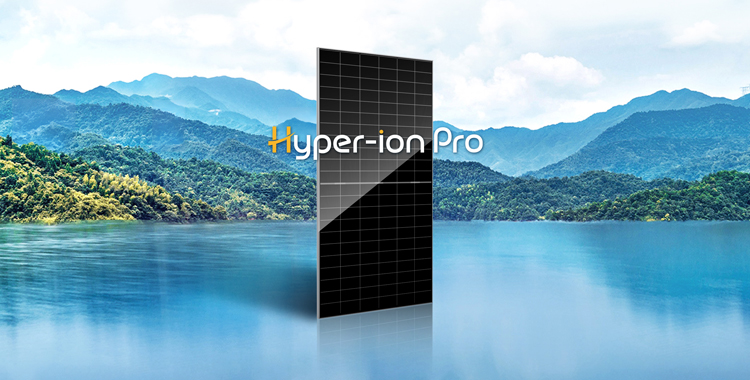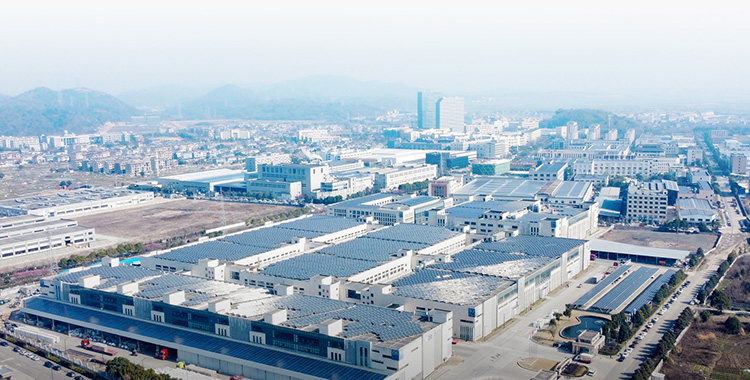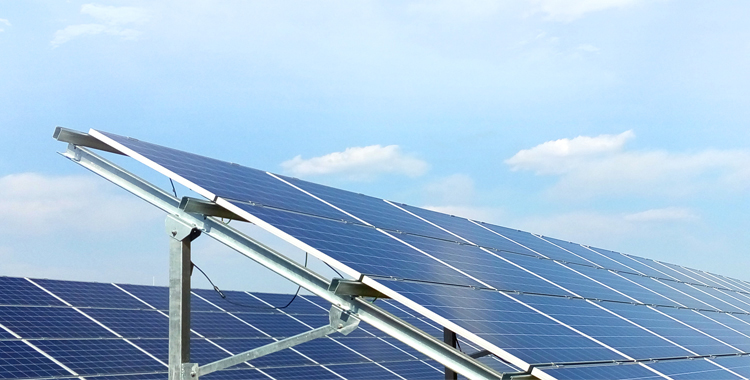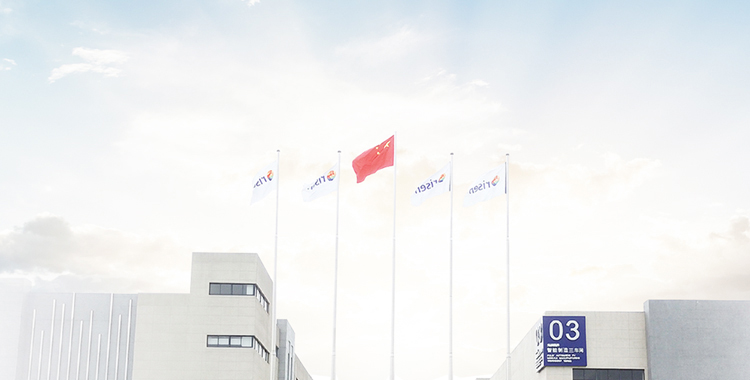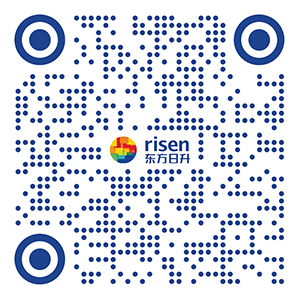How about starting the year by reflecting on the quality of photovoltaic modules?
After all, technology is very important, but it is the quality and reliability of the modules that ensure that the expected generation of your photovoltaic plant is achieved.

And when we talk about reliability, Risen is a TOP PERFORMER in the Kiwa PVEL Product Qualification Program (PQP), which is a benchmark in photovoltaic module reliability and performance.
In 2024, Risen, classified as TOP PERFORMER once again since 2021, was among the few manufacturers approved in all seven test categories conducted by the program.
Shall we better understand the Kiwa PVEL Photovoltaic Module Qualification Program and why this classification is so important?
Beyond technology and cell quality, the module components, such as glass, encapsulant materials, busbars, frames, and junction boxes, can significantly impact the reliability and, most importantly, the long-term performance of photovoltaic modules.
Module manufacturers have a list of different materials available for each component, which are listed in certification reports. Kiwa PVEL’s PQP provides empirical data on the energy performance of photovoltaic modules, after testing all Bills of Materials (BOMs). Program inspectors monitor the production of test samples and record all details of the Bills of Materials (BOMs).
Additionally, the program implements periodic updates to the tests to adapt to new technologies and manufacturing techniques.
PQP tests go beyond those required by IEC 61215 and IEC 61730 standards, especially in aspects related to long-term field performance and new technologies, such as Light and Elevated Temperature Induced Degradation (LETID) and Potential Induced Degradation (PID).
PQP performs the following tests:
● Thermal Cycling (TC)
● Damp Heat (DH)
● Mechanical Stress Sequence (MSS)
● Hail Stress Sequence (HSS)
● Potential Induced Degradation (PID)
● PAN File Test
● Light-Induced Degradation (LID) and Light & Elevated Temperature Induced Degradation (LETID)
Let’s understand each of these 7 categories, in which Risen is a TOP PERFORMER:
Thermal Cycling (TC)
Tests the resistance of photovoltaic modules and their lifecycle to extreme temperature changes, simulating repeated heating and cooling cycles to evaluate stress on module components, such as degradation of connections and the junction box.
The Thermal Cycling test in PQP is even more rigorous than IEC/UL tests, extending the requirement from 200 to 600 cycles.
Damp Heat (DH)
Evaluates the resistance of modules under high temperature and humidity conditions, which can cause encapsulation problems, such as corrosion, delamination, degradation, and long-term failures.
Problems caused by prolonged exposure to harsh environments are often related to low-quality materials or inadequate lamination processes.
The Damp Heat (DH) test in PQP lasts 2,000 hours, twice the duration of the IEC/UL certification test.
Mechanical Stress Sequence (MSS)
Tests the structural resistance of modules to static and dynamic mechanical loads, such as wind, snow, or mechanical pressure, simulating the stresses that occur under real operating conditions and the vulnerability to cracks in the glass and cells.
MSS also evaluates how cell damage, caused by manufacturing defects, transportation, handling, or environmental stresses, can impact performance.
Hail Stress Sequence (HSS)
Evaluates the ability of modules to withstand hail impact, using lab-created ice balls, ranging in size from 35 to 55 mm.
The test strictly controls the shape, density, and velocity of the hail, to simulate impact energies that represent severe storms.
Potential Induced Degradation (PID)
Tests the susceptibility of modules to performance degradation caused by electrical potential differences, which are common in photovoltaic systems due to high operating voltage.
Potential Induced Degradation (PID) can manifest in various ways, including:
● PID-s (shunting), which causes permanent performance loss
● PID-c (corrosion)
● PID-p (polarization)
The PQP PID test lasts 192 hours, twice the duration of the IEC/UL certification test.
Light-Induced Degradation (LID)
Evaluates the initial power loss in modules when exposed to light, which occurs mainly within the first few hours after operation.
This degradation is inherent to photovoltaic cell materials and varies depending on cell technology.
Light & Elevated Temperature Induced Degradation (LETID)
Tests the additional power degradation caused by prolonged exposure to light and high temperatures, which peaks after months or years of exposure, affecting long-term module performance.
PAN File Test
Using empirical data on temperature and irradiance, simulations are conducted to more accurately reflect real operating conditions in photovoltaic plants.
PQP classifies as TOP PERFORMER the modules that:
Show power degradation below 2% for TC, DH, MSS, and PID
Do not suffer glass breakage during hail tests with hailstones 40 mm or larger
Show power degradation below 1% in the combined LID and LETID tests
Demonstrate high energy yield in simulations using empirical data
Risen, committed to high quality and reliability, was classified as TOP PERFORMER in all criteria, becoming part of a select group of manufacturers with this achievement.
In 2025, we will continue delivering high-quality and reliable modules to the world, driving innovation and sustainability in every project!
